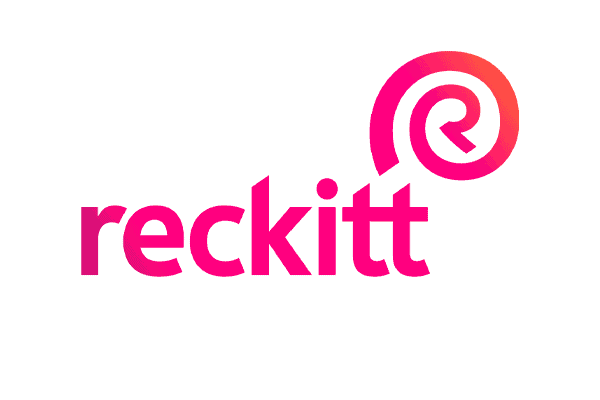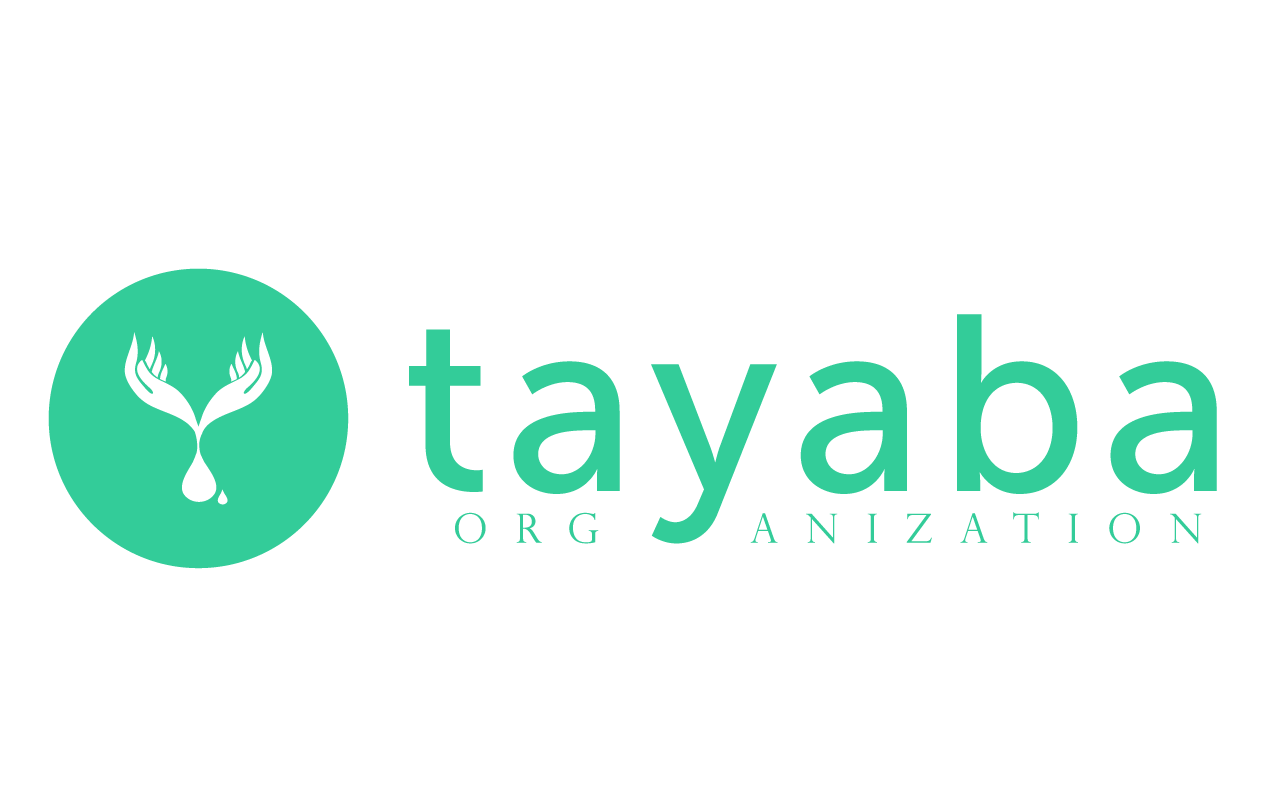How do we achieve universal access to clean water, sanitation, and hygiene by 2030?

The importance of water, sanitation and hygiene transcends time and geography—but even where this is explicitly recognized in policy, the needs of hundreds of millions of global citizens remain unmet. Latest data from UNICEF and WHO suggests, worldwide, 2.2 billion people still lack access to safe drinking water. Nearly half of the global population does not have access to safe sanitation, and two billion people do not have access to handwashing facilities with soap (1). Such limitations lead to wider spread of serious diseases such as diarrhoea and pneumonia, the top two killers of young children under 5 around the world.
Additionally, 673 million people still practice open defecation, and an estimated 367 million children attend a school with no sanitation facilities at all.
Meeting SDG6 targets by 2030 requires a 4 x increase in pace of progress.
Reckitt has time and again reinstated its commitment towards SDG 6 by working tirelessly with local communities, social enterprises, government, NGOs and various charitable organizations around the world to improve access to clean water, sanitation and hygiene. Dettol’s Hygiene Quest has taught almost 2 million children about the importance of handwashing resulting in over 8,000 more days at school because of reduced illness. Through Reckitt’s partnership with Water.org, over 1.8 million people have been provided with loans so they can plan and build their own taps and toilets.
The focus of this challenge is not limited to providing equitable basic sanitation and hygiene facilities but to also creating a sustainable ecosystem that ensures, year after year, continuous development and increasing awareness. Reckitt believes social business has a powerful role to play in solving the world’s greatest problems, where investment lives over and over again through income generating models that make solutions truly sustainable and long term. Through this, Reckitt wants to work as a catalyst, supporting pioneering solutions to scale.
Reckitt is proud to have supported the Lead2030 SDG6 challenge since 2019, working in partnership with 3 outstanding social entrepreneurs with innovative approaches to tackling SDG6. Reckitt wants to continue to build on this success in 2024, by supporting innovations that create measurable impact by enabling access to clean water, sanitation or hygiene, and are particularly interested in innovations with a focus on children or women/girls.
About Tayaba

Tayaba Welfare International Association (TWIA) is on a critical mission to combat Pakistan's severe water and sanitation crisis. The country's vulnerability to climatic disasters has left thousands needing emergency water and sanitation support. Shockingly, over 21.7 million people lack access to clean water and sanitation due to inadequate infrastructure, disproportionately affecting women and causing 70% of households to consume contaminated water and engage in unsafe sanitation practices.
Driven by social innovation, TWIA's H2O (Help-2-Others) solutions aim to improve water access, sanitation, and economic opportunities for impoverished communities in Pakistan using blockchain technology for transparent and efficient resource distribution.
Each H2O solution is designed for lasting impact. From the revolutionary H2O Wheels, easing the transportation of up to 40 litres of water with reduced physical strain, to the innovative H2O Solar Water Facility, utilizing natural resources to provide clean water, and the thoughtful H2O Hygiene Kit, promoting dignity and good hygiene with reusable sanitary pads and recycled handwashing soaps.
TWIA has already impacted over 500,000 lives by providing life-saving water and sanitation resources. Its vision is to create a brighter future where clean water and sanitation become basic rights accessible to all, empowering communities to thrive.